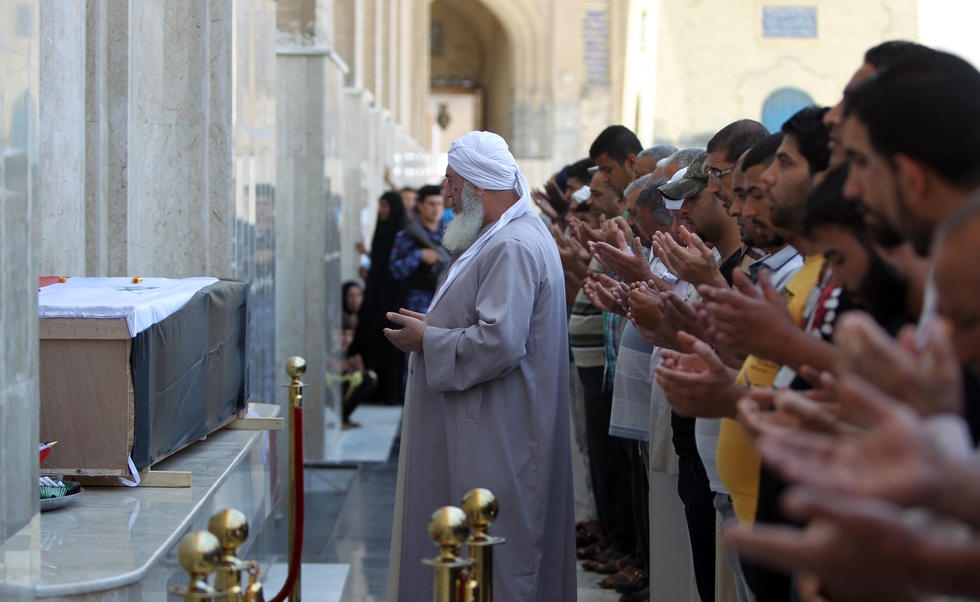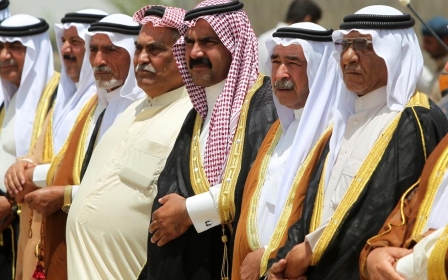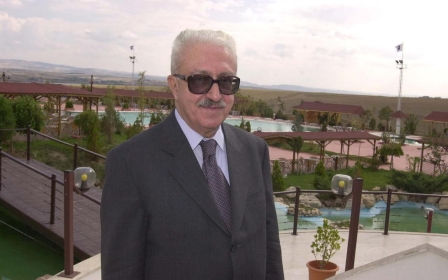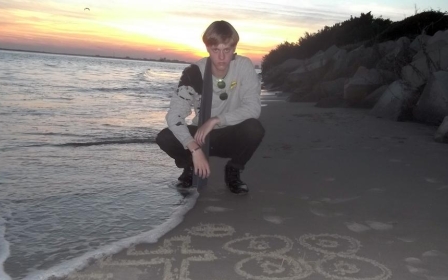Iraqi Sunni scholars targeted by IS militants

BAGHDAD - When Ahmed Ali Salih al-Qaisi, a young Sunni Muslim professor, ended his studies and got his PhD in Islamic jurisprudence from the Global University of Islamic Science in Amman in 2011, he rushed back to his Iraqi hometown, Baiji, which is home to the biggest oil refinery in the country, to share what he had learned with his people.
The 34-year-old cleric was appointed to be the chancellor of al-Imam al-Aadham College for the Islamic Sciences in Baiji, and he thought that his moderation and independence would be enough for him to enjoy good relations with all parties regardless of their political and religious beliefs.
Three years later, Qaisi found out that those thoughts were naïve, especially when dealing with the militants of the Islamic State (IS), who, last summer, overran the northern and western parts of the country, including Baiji, after the dramatic collapse of the Iraqi army. Qaisi’s moderate views cost him his life.
“When Daesh [IS] seized the area, Ahmed did not leave town and for almost four months [from last June] there was no problem between him and them,” Professor Muniar al-Ubaidi, Qaisi’s former colleague and the vice-president of the Council of Iraqi Scholars, told MEE.
The council is a non-governmental religious body exclusive to Sunni Muslim scholars and clerics in Iraq.
“I have no idea what the disagreement was about [between Qaisi and IS leaders in Baiji], but eight months ago, I heard that he was threatened and had to leave town and move to Hawija,” a neighbouring town, Ubaidi said.
Then, Qaisi, a father of three children, disappeared. His family and colleagues received no news of his whereabouts, until Monday when several Twitter accounts linked to IS started circulating graphic photos showing two executions - one of the men was identified as Qaisi.
One photo showed the young bearded cleric wearing an orange suit, like those worn by other IS prisoners, and sat on his knees while a masked gunman pointed a weapon to the back of his head. Another photo showed Qaisi lying face down in a pool of blood.
The residents and local officials of Salah al-Din province, where Qaisi’s family are from, said he was executed in Hawija, 255 km north of Baghdad, which is still under the control of IS fighters.
“What we finally know is that he was imprisoned by them. They [IS leaders] are funny, they said that they executed him because he was a member of the Popular Mobilisation Forces,” a relative in Baiji, who declined to be named for fear of reprisal, told MEE by phone.
The Popular Mobilisation Forces are a governmental umbrella that was established by the Iraqi government last June to cover all the anti-IS armed factions, many of them Shia militias.
“He had nothing to do with the government or Shia militias or anyone linked to them. They killed him after he refused to give the pledge of allegiance to the caliph,” the relative said.
IS militants have been controlling vast territories of Iraq and Syria since last summer. The group declared an Islamic “caliphate” and forced all the residents of areas under its control to give the pledge of allegiance to the leader of the organisation, Caliph Abu Bakr al-Baghdadi.
“Daesh does not only target scholars, it targets all the academic efficiencies because they pose a threat to this organisation that seeks to sabotage the country and bring it back to medieval times,” Professor Harith al-Janabi, a member of the government’s Iraqi Sunni Endowment told MEE.
Despite IS claims that it represents the Sunni Muslims and fights to recover their rights in Iraq and Syria, dozens of Sunni religious scholars, preachers and intellectuals - who oppose the brutal tactics pursued by the organisation to strengthen its control over Sunni areas - are either killed, imprisoned or placed under house arrest.
“Daesh does not have a deep legitimate jurisprudence and they have no legitimate evidence to legalise their brutality, and any scholar can refute their sentences and fatwas,” said Professor Ubaidi.
“IS militants are mainly relaying on intimidation, terror and achievement on the ground to attract young and frustrated people.”
New MEE newsletter: Jerusalem Dispatch
Sign up to get the latest insights and analysis on Israel-Palestine, alongside Turkey Unpacked and other MEE newsletters
Middle East Eye delivers independent and unrivalled coverage and analysis of the Middle East, North Africa and beyond. To learn more about republishing this content and the associated fees, please fill out this form. More about MEE can be found here.




